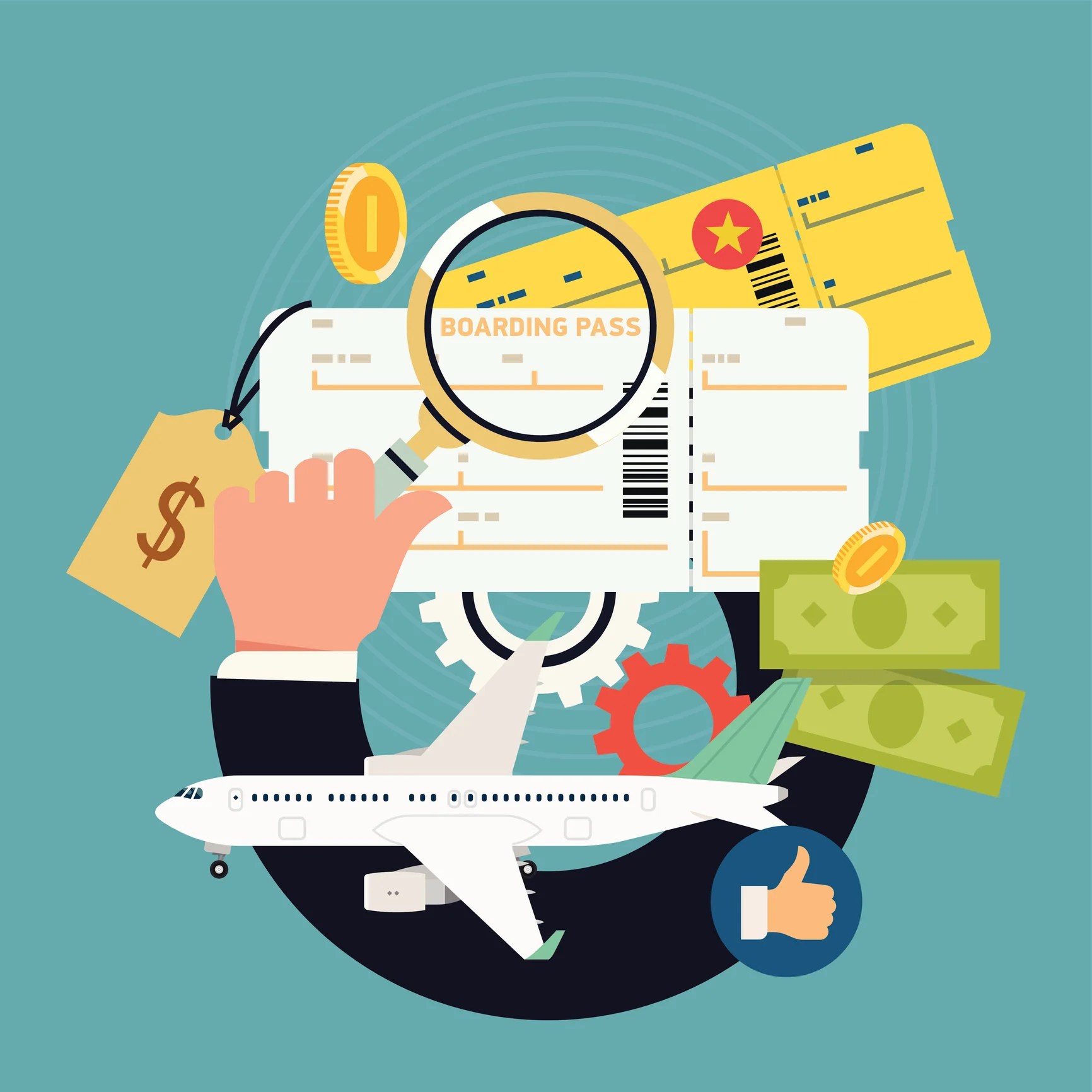If you expect to deduct your business travel expenses, create a system, especially if you travel frequently. Those who automate the process can focus more on maximizing their travel budget.
One tool worth adopting is expense tracking software or apps. After setting up your preferences and completing the initial data entry, the software compiles reports for you.

It can also help you see when you are near your deduction limits.
We provide seven things to keep in mind when deducting business travel expenses.
1. Understand What Is Deductible
Some professionals toe the line on what is deductible and what is not. If the tax authorities catch wind of sketchy deductions, it sets you up for an audit. Instead, keep the deductions on the legitimate end.
From a tax point of view, it’s possible to deduct:
- Transportation expenses
- Transportation fees
- Meals
- Lodging
- Tips
In the latest round of tax code changes, individuals received the opportunity to deduct 50% of their meals while traveling. In addition, business travelers can deduct $5 daily as a standard. If this sounds tricky, it is. That’s why it’s a good idea to read more on the subject as it pertains to your industry.
2. Know the Limits
Before spending on your travel expenses, ensure that you know the limits. If you go beyond the limits, the costs come out of your pocket. For example, if you drive for business, know the company mileage policy.
Traveling salespeople incur the highest amount of expenses, especially if they spend the bulk of the year on the road. Therefore salespeople must remain on top of their spending and the limits attached to them.
To offset expenses, companies set up a comparable salary and pay structure. Even though 100% of travel costs don’t qualify for reimbursement or deduction, the individuals make it up through their commission.
Companies who need help setting up a company mileage policy can take a look at the guide provided by Hotel Engine.
3. Save Your Documentation
Tax professionals encourage their clients to keep their receipts for three years. Having documentation on hand is important. The Internal Revenue Service audits one in every 250 returns. As your income increases, the possibility of an audit increases too.
Therefore your goal is to have all your receipts, credit card statements, and related documentation on hand. Online banking provides another way to maintain information. But keep paper copies at your disposal too.
4. Stay Up to Date with Changes
Changes occur to the United States tax policy annually. Some deductible expenses see their rates rise. Others drop. Changes depend on the cost of living index and inflation. In other cases, the changes have economic benefits for some sectors.
Nonetheless, it’s up to the individual to remain abreast of the changes.
The Tax Cut and Jobs Act of 2017 passed sweeping changes to possible business expense deductions. It caused such an upheaval that individuals started moving from one state to another.
Other changes to the tax code are far more subtle. They impact specific groups such as farmers, banks, or entertainment. If you maintain professional membership in an association, they receive this kind of information and pass it along.
5. Your Employment Status Matters
Before you hit the road for corporate travel, understand your company’s reimbursement policy. You should know what your company pays, your per diem, and the amount they will expense when you return.
Self-employed individuals have more leeway when it comes to deducting travel expenses. Thus your employment status also plays a role.
Employees can deduct business travel expenses not reimbursed by their employer.
6. Know the Process
After keeping all your receipts, credit card statements, and relevant expense documentation, become familiar with the deduction process.
When you file an expense report with your employer, they have a process. They may request a spreadsheet with dates, amounts, and the receipts attached.
For deducting expenses on your taxes, fill out the correct form. Self-employed individuals fill out the Schedule C form. The IRS reserves Form 2106 for employee business expenses.
7. Consult with a Professional
If you have any doubts about deducting your business travel expenses, consult with a tax accounting professional. For business professionals, it’s best to work with an accountant who specializes in this area.
While you do incur a fee for their services, those fees are often deductible too.
Tax accountants keep up with the tax code changes. Therefore they save you time. Your job is to provide them with all the necessary documentation and information to maximize deductions.
Conclusion
When deducting your business travel expenses, set up a system. Frequent travelers can automate the deduction process with apps and software. It makes expense reports for your company easier to compile. The process also makes it easier to fill out your taxes.
If business travel expense deductions become cumbersome, work with a professional tax accountant.
Leave a Reply